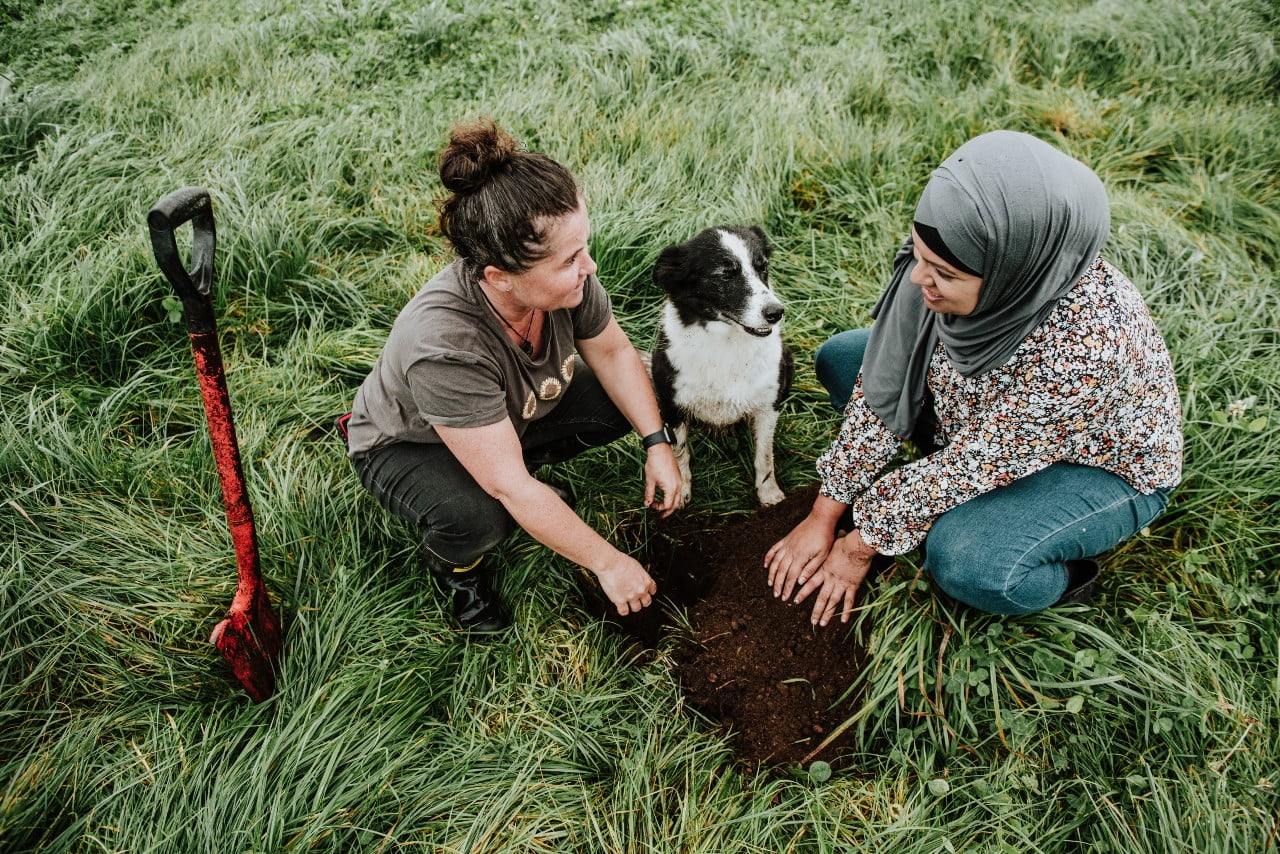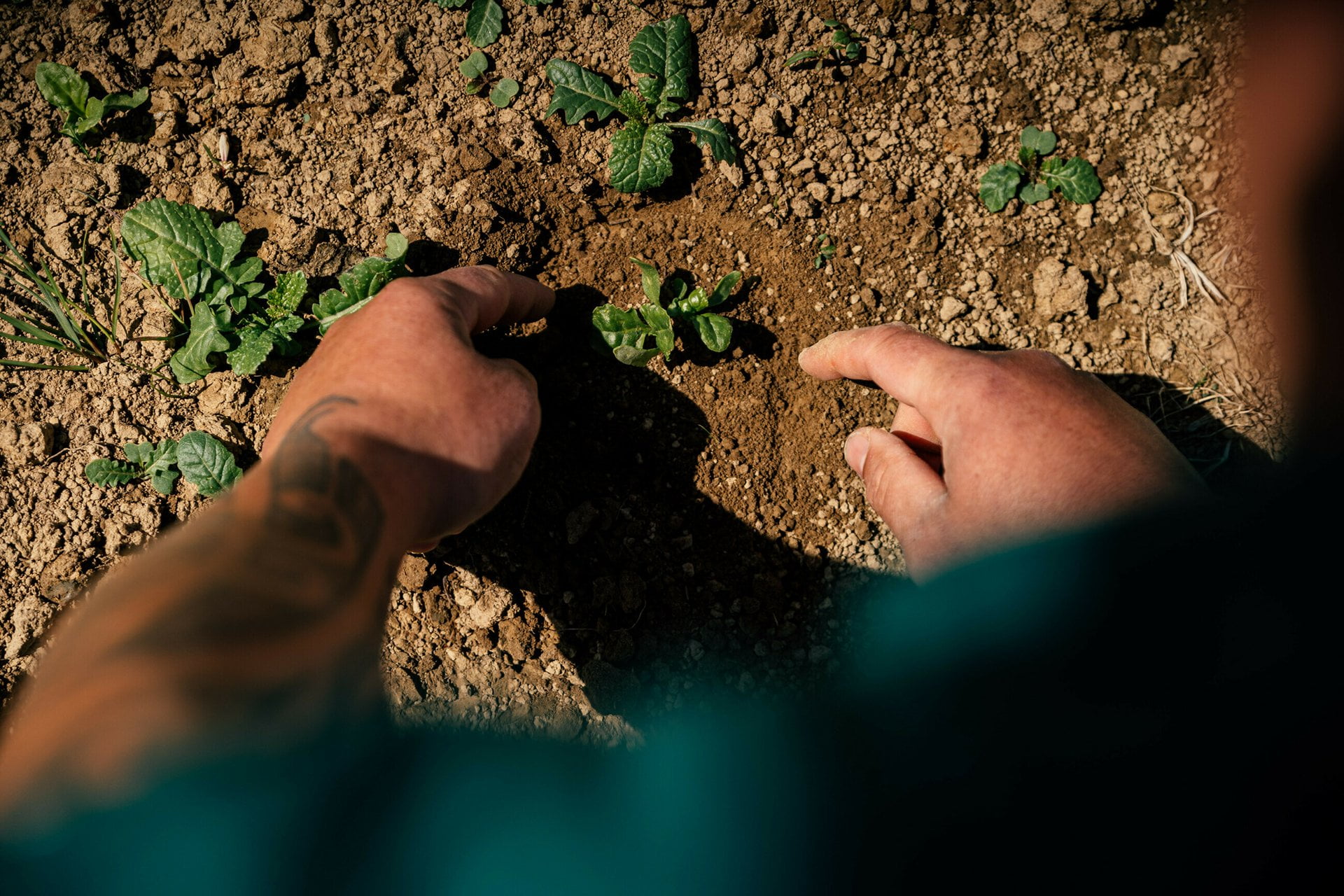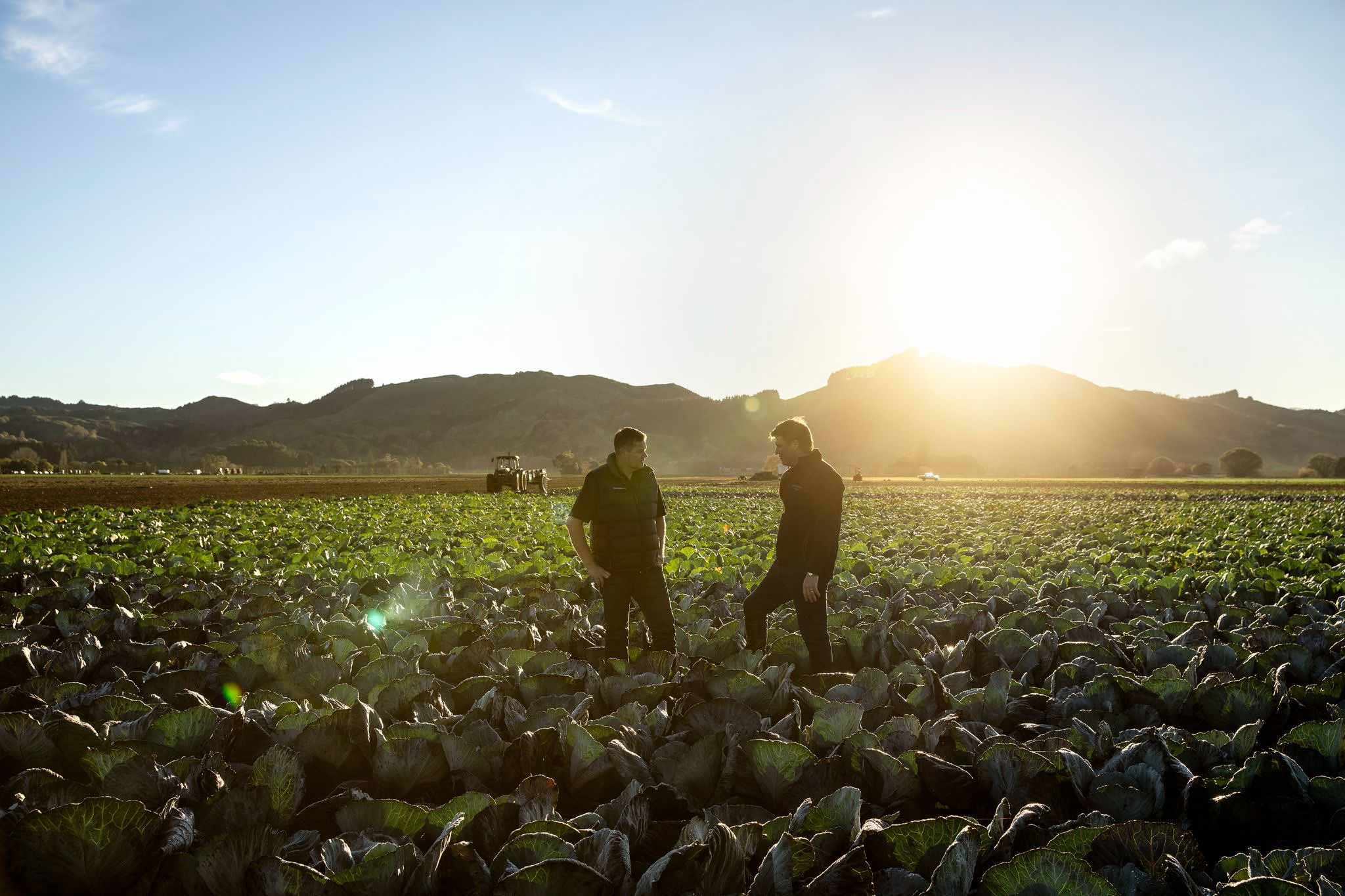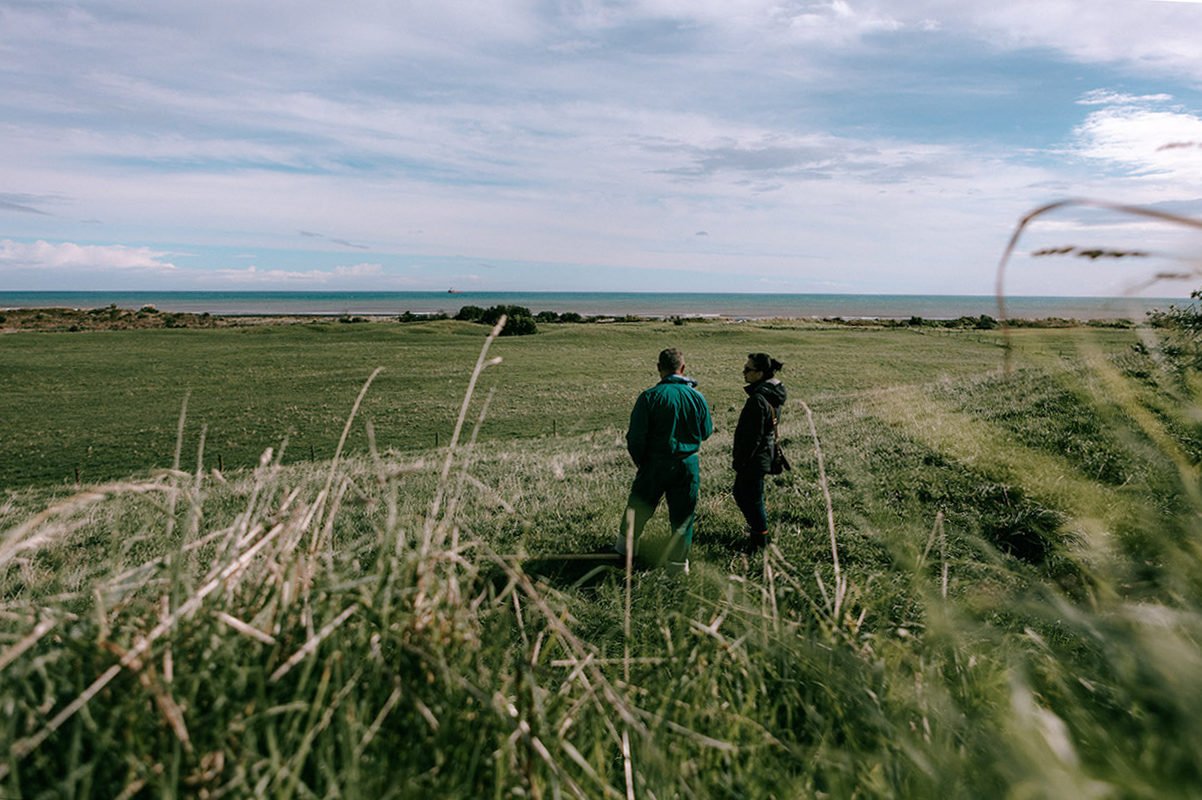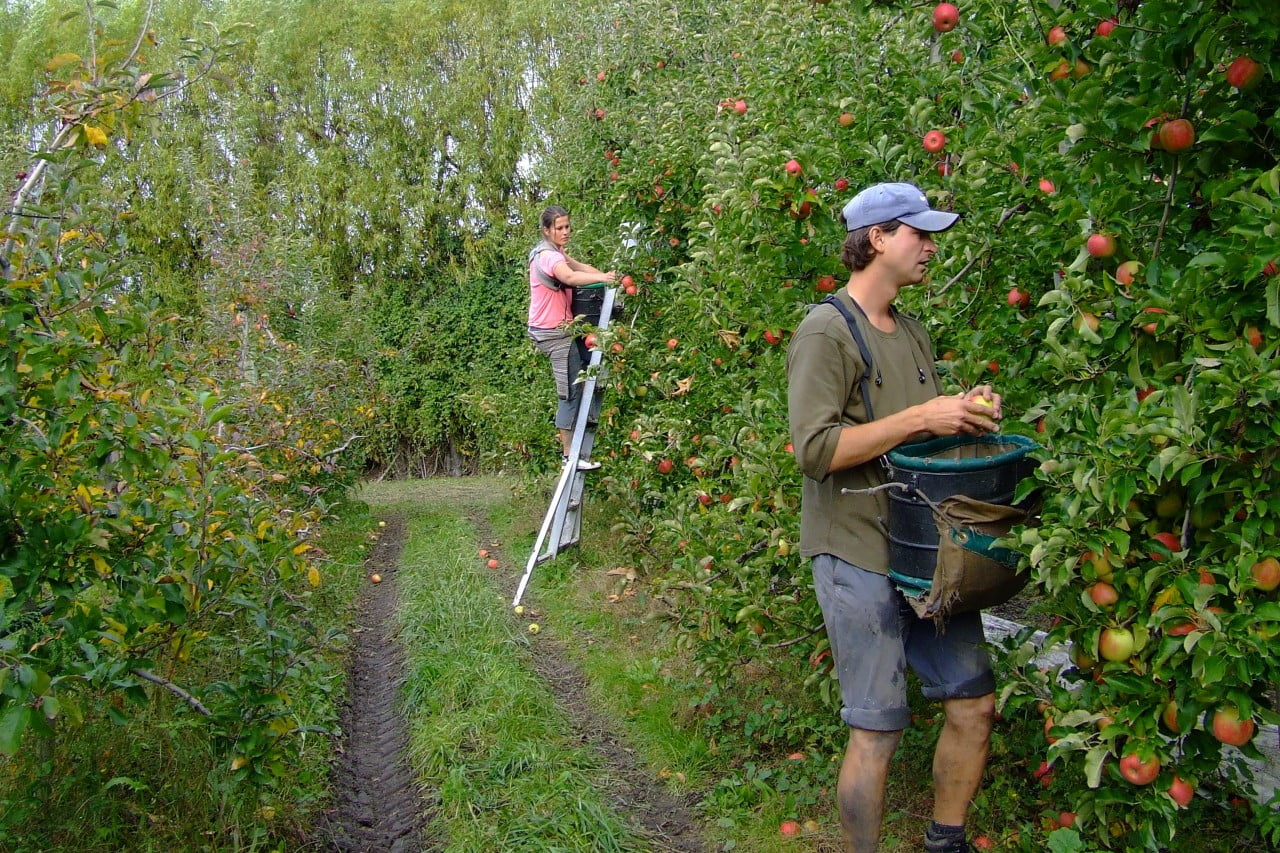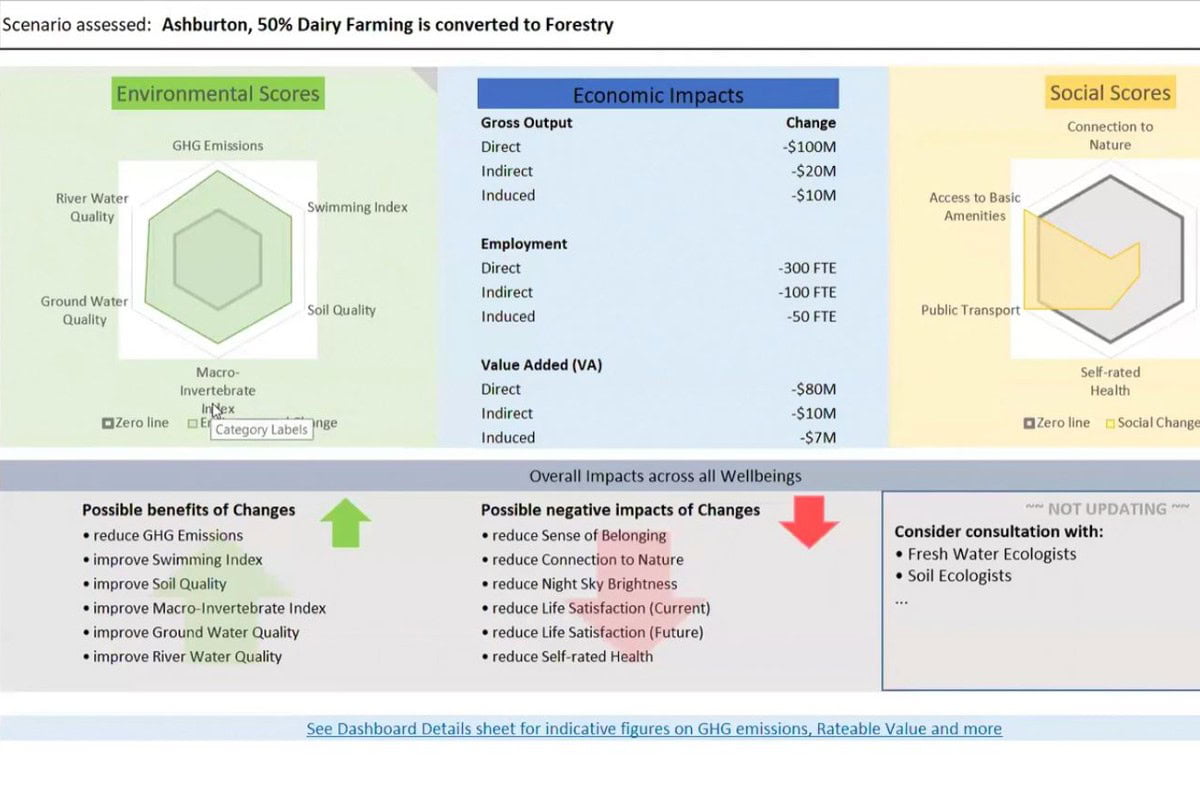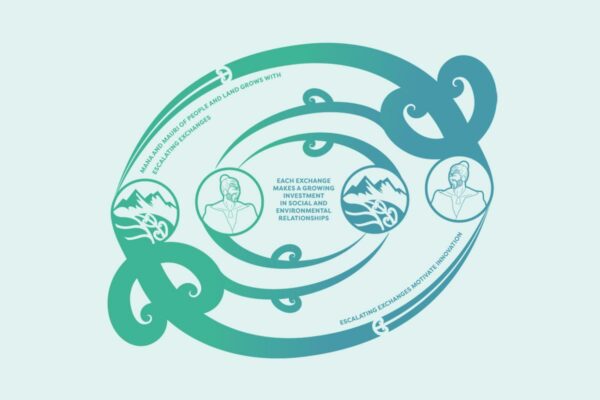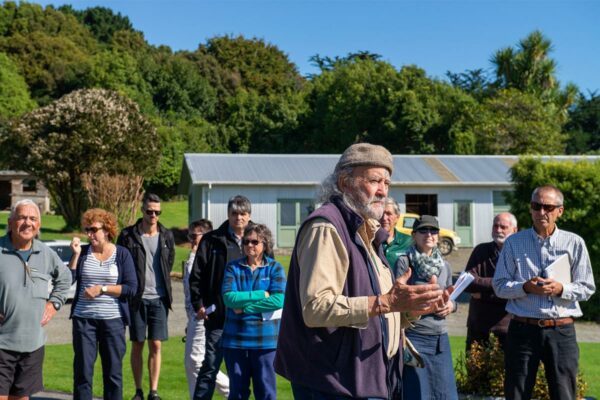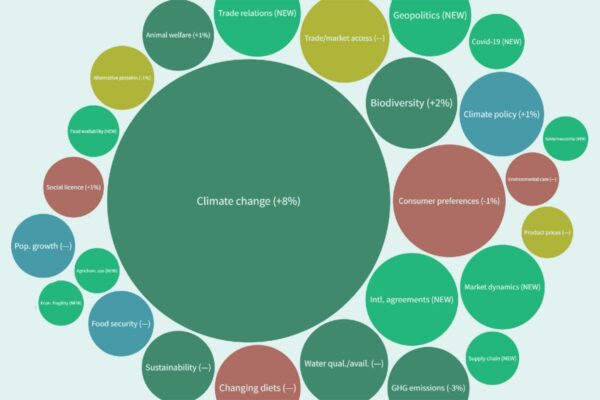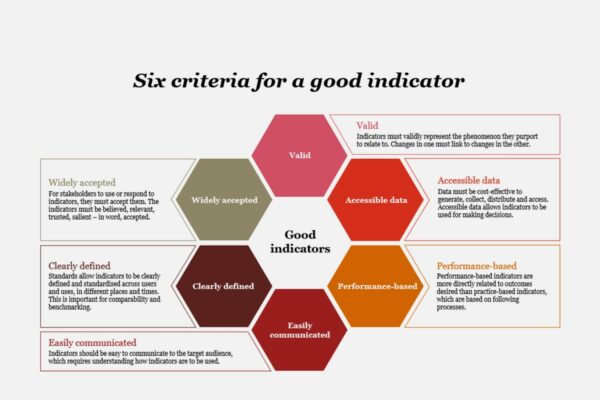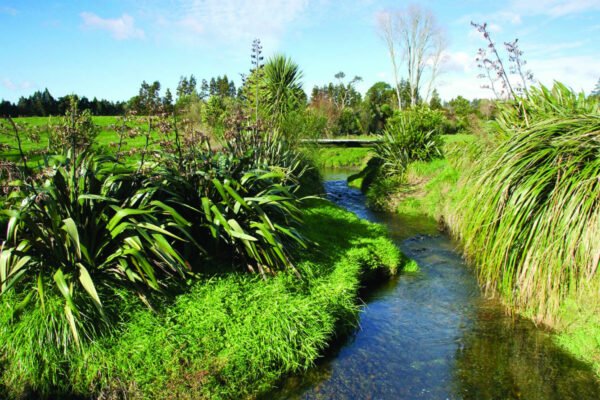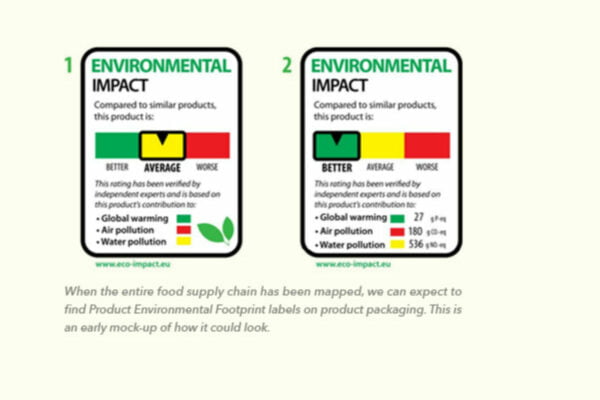Regenerative Agriculture
Developing a framework to collect scientific evidence about regenerative agriculture in Aotearoa
Project Details Ngā taipitopito
Collaborators Ngā haumi
Abron | AgResearch | Beef + Lamb NZ | Bragato Research Institute | Calm the Farm | DairyNZ | Fonterra | Foundation for Arable Research | Integrity Soils | Lincoln University | Manaaki Whenua Landcare Research | Ministry for the Environment | MPI | NorthTech | nRythm | NZ Merino | NZX | Otago Innovations | Pāmu | Plant & Food Research | Quorum Sense | Taiao Natural Resource Management | Toha Foundry | University Of Canterbury | Winegrowers NZ
What are we doing?E aha ana mātou?
There is a growing body of anecdotal evidence for the benefits of regenerative agriculture, but scientific studies are scarce and focused on other countries.
We don’t yet have enough New Zealand data to compare the multiple suggested benefits of regenerative farming (environmental, economic, social, psychological and cultural) to other current ways of farming in New Zealand.
This think piece project will develop a framework for future regenerative agriculture research in New Zealand. It will identify what’s needed to build a scientific evidence base, so that future research can quickly fill the evidence gaps specific to regenerative agriculture in New Zealand.
Regenerative agriculture practices are adaptive and seek to optimise farm performance for multiple benefits simultaneously. This isn’t easy to measure using conventional academic approaches, so this project will look at how to combine academic knowledge with the ways farmers and land managers know and appraise their whole system.
The project will identify what farmers, investors and agribusinesses need to measure, so they can communicate how their farming approach benefits their customers, communities and regulators.
How can the research be used? Ka pēhea e whai take ai te rangahau?
- The Regenerative Agriculture think piece outlined the top principles and goals of regenerative farming systems in New Zealand, in general and by sector (dairy, drystock, arable and viticulture).
- This project didn’t look at specific regenerative agriculture practices. It focussed on how scientists and land managers can measure the outcomes of regenerative farming activities, including profitability, productivity, food quality and safety, animal welfare, social wellbeing, land and water quality, and climate change adaptation and mitigation, and identify knowledge and/or methodological gaps.
- Alignment between te ao Māori (including recent iwi-led initiatives) and regenerative farming principles will be identified by Māori experts and is not part of this project.
- This project will result in a research framework to help quantify and qualify outcomes from regenerative farming activities. This framework will be used by MPI to inform future investment decisions for regenerative agriculture research.
Related research updates Ngā pānui mō te rangahau nei
Participation & engagement Te hunga i whai wāhi mai
- The Regenerative Agriculture think piece project formed working groups that included a diverse range of farmers, people from agribusiness and government, and scientists, including people who are interested in and sceptical about regenerative agriculture.
- Altogether, the project engaged over 100 people and their networks to identify the questions they would like answered about regenerative agriculture in New Zealand, or to seek their input into the framework.
 View Our Strategy Document 2019 – 2024
View Our Strategy Document 2019 – 2024



